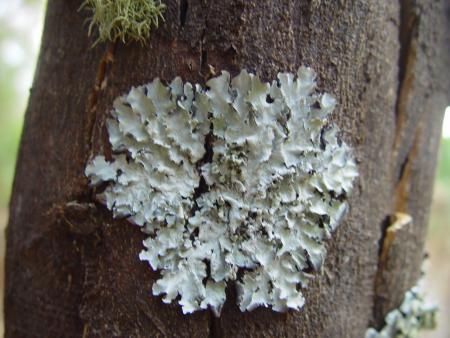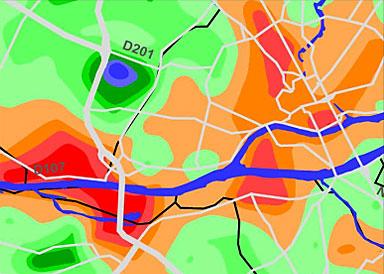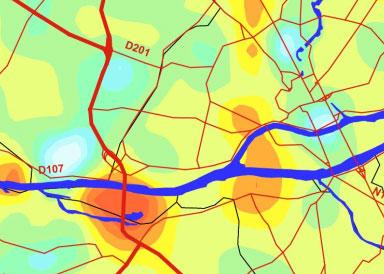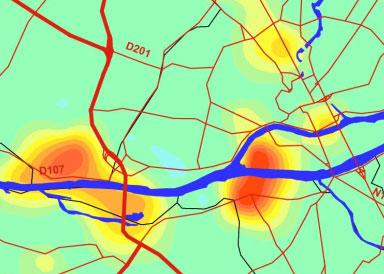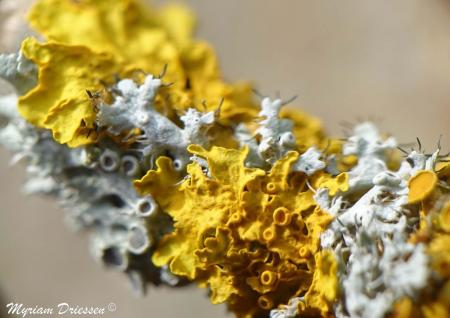
Objective:
Creation of a air quality map from the taxonomical diversity and the geographical distribution of lichens by using a lichen index. Lichens are sensitive to pollution and therefore can serve as air quality indicators.
This technology is commercialized by the company Aair Lichens. It offer an integrated solution from the actors consultation to the presentation of the study results , the support of stakeholders and the development of a biomonitoring scenario.
Images
Financing:
Global (estimated) cost of the project: 20k€ - 50k€
Financing mechanism: cluster1 public financing
The project has received subsidies from, Europe (50%), from the Aquitaine region (30%) and from Bordeaux Metropolis (20%).
Contacts:
Alice Duquesnoy (alice.duquesnoy-mitjavila@plante-et-cite.fr)
Olivier Damas
Plante & Cité (https://www.plante-et-cite.fr/)
Maison du Végétal, 26 Rue Jean Dixmeras, 49000 Angers
Stakeholder Participation/Participatory Planning and Governance:
- Bordeaux Metropolis (Contracting authority)
- AAIR Lichens (Research study & Project manager)
- Plant Biology Research Intitute of Nantes
GOVERNANCE MODEL:
Governance cluster: cluster2 new public management
Partnership between Bordeaux Metropolis and research centers (a private one and a public).
BUSINESS MODEL:
Business cluster: Technological
Business model: Substitute with renewables and natural processes
This project is based on lichens' ecology understanding in order to assess the air quality of a city.
Expected time for the NbS to become fully effective after its implementation: short (immediately to few months)
Feedback: still well adapted
Expected life time of the intervention: around 10 years
Dates (for project delivered): 2003
Potential for new economic opportunities and green jobs in the EU and in global markets:
The solution sales by Aair Lichens offer new job opportunities with specific missions such as collecting the lichens through the study area, the analysis of data, the co-development of urban/social planning strategy with stakeholders.
Success and Limiting Factors:
Process enablers:
Knowledge drivers → Information accessibility → knowledge platforms
...
Process inhibitors:
… → … → …
...
Further information:
NbS Type:
Strategies Actions / Monitoring / Bio indocators
Urban Challenges:
3. Air quality: Air quality at district/city scale
7. Public health and well-being: Quality of life, Health
8. Environmental justice and social cohesion: Envir. Justice Recognition, Envir. Justice Distributional justice
11. Green economy: Bioeconomy activities
Nature4Cities (https://www.nature4cities.eu/) aims to develop a knowledge diffusion around Nature-Based Solution (NbS) and a decision support platform through new collaborative models.
This project is part of the Nature4Cities's pioneer case studies database, it will feed the observatory, NbS pre-selection and replication tools, gathered into the Geocluster4NBS.
This project was chosen as a pioneer case study for the following reasons: the project uses and studies an organisme to inform about air quality.
Nature4Cities project has received funding from the European Union’s Horizon 2020 research and innovation program under grant agreement No 730468.
